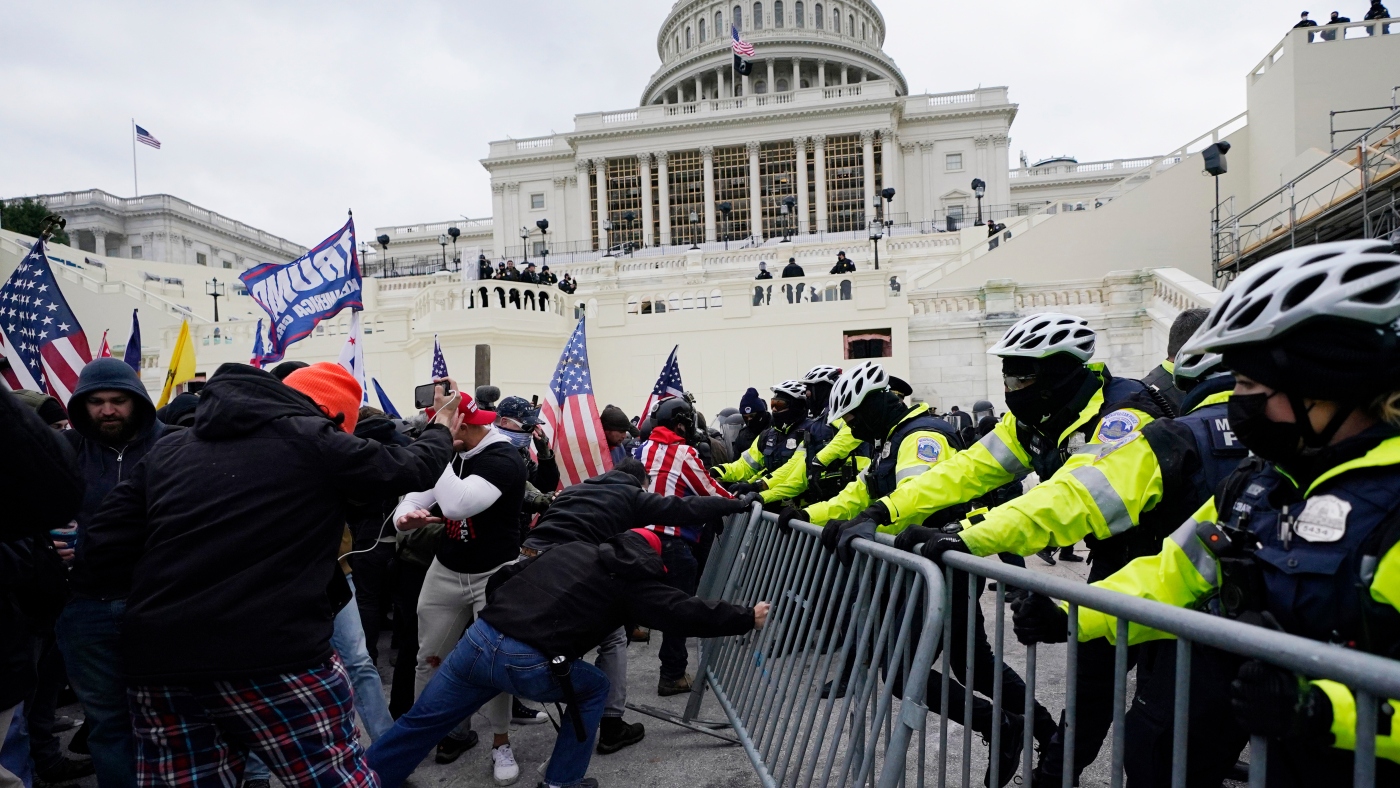UPDATE: President Donald Trump has issued two pardons related to the investigation into the January 6, 2021 Capitol riot, a move that has ignited immediate controversy. These pardons, announced just hours ago, involve Suzanne Ellen Kaye, who had threatened FBI agents, and Daniel Edwin Wilson, who was imprisoned for illegally possessing firearms during the riot.
In the first case, Kaye was previously convicted for threatening to shoot agents after they contacted her regarding her alleged presence at the Capitol. This comes after she posted a video on social media claiming her Second Amendment rights. Prosecutors condemned her actions as part of a larger trend of political violence, stating her rhetoric “causes serious harm to our communities.”
Kaye’s sentence was an 18-month term, but she was released last year. The White House defended the pardon, stating her prosecution was an example of “disfavored First Amendment political speech.” An official, speaking anonymously, noted that Kaye suffers from “stress-induced seizures,” which impacted her during the trial.
In a separate case, Trump pardoned Wilson, a resident of Louisville, Kentucky, who had been imprisoned for possession of firearms discovered during a police search tied to the January 6 events. Wilson was found with six guns and approximately 4,800 rounds of ammunition at his home. He was scheduled to remain incarcerated until 2028 but was released just yesterday following the pardon.
Wilson’s lawyer, George Pallas, expressed gratitude to Trump for recognizing the “injustice” in his client’s case, allowing him to “reunite with his family and begin rebuilding his life.” The White House asserted that Wilson’s firearms charges stemmed from the January 6 investigation and that he should never have been prosecuted for them.
Wilson had previously pleaded guilty to conspiring to impede police officers and faced serious allegations of planning for the riot with members of the far-right Oath Keepers and Three Percenters groups. Prosecutors argued that his communications indicated intentions for a “broader American civil war.” At sentencing, Wilson expressed regret for his involvement in the Capitol riot.
This development raises critical questions about the implications of Trump’s pardons, particularly regarding the ongoing legal battles stemming from the January 6 Capitol insurrection, which has seen over 1,500 defendants charged. The Justice Department had previously contested whether Trump’s pardons for January 6 defendants applied to Wilson’s other legal issues, but their stance shifted following the latest revelations regarding the intent of the presidential pardon.
As the situation unfolds, political analysts and legal experts are closely monitoring the ramifications of these pardons on the broader legal landscape and public opinion. The pardons have already sparked significant debate about accountability and the message being sent to those involved in the riot.
Stay tuned as we continue to follow this developing story, shedding light on the implications for Trump, the January 6 investigation, and the individuals affected.
